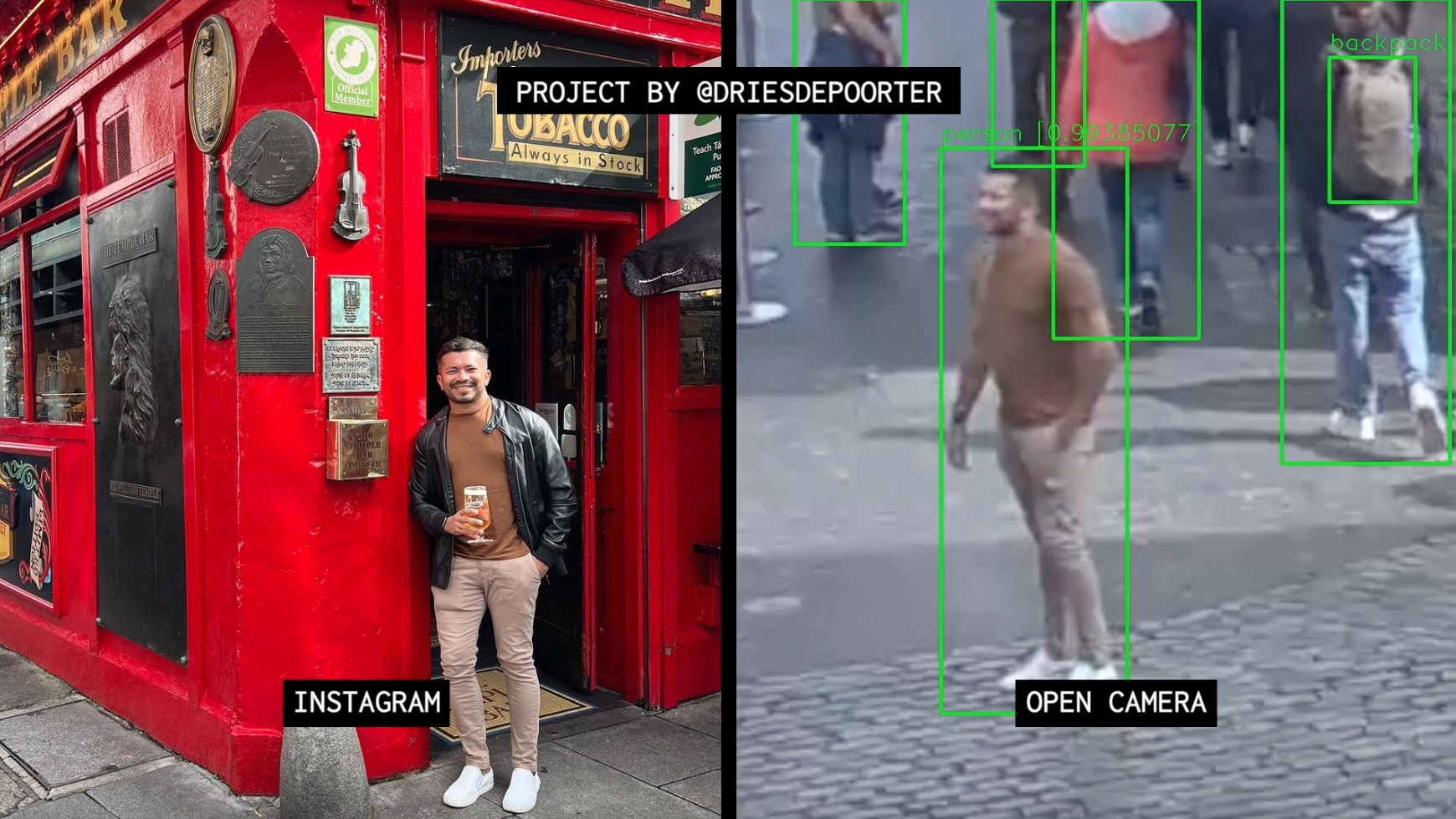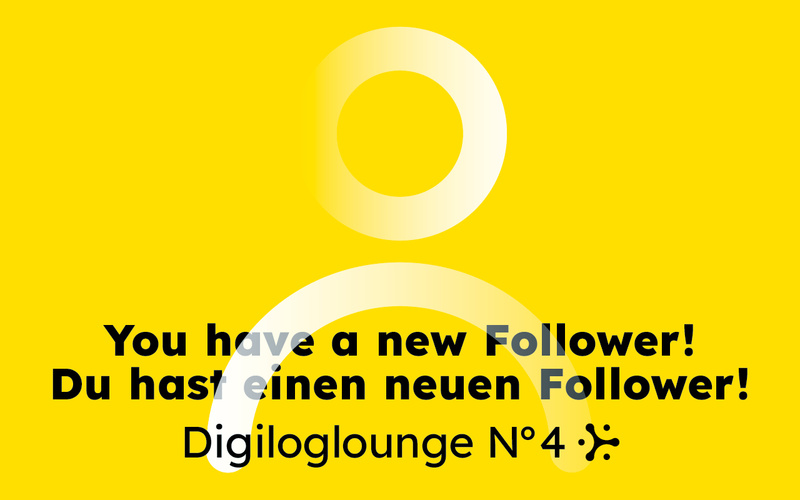- Event
- Lecture
Digital Spaces, Real Risks
How can we create fairer and safer digital spaces?
Wed, October 23, 2024 6:00 pm – 6:45 pm CEST
- Location
- Media Lounge
- Language
- German
Update 22.10.24: The event has been shortened (18:00 – 18:45) due to illness of one of the speakers. We thank you for your understanding and look forward to the remaining presentations and the joint discussion.
What are indicators of digital violence and what can we do to counter it effectively? How do algorithms fuel the circulation of polarizing views and contribute to discrimination? Does existing legislation provide sufficient protection to ensure privacy, equal treatment, and freedom of expression in the digital space? In their keynote speeches, Torben Kirstein (HateAid), Carsten Orwat (KIT | Institute for Technology Assessment and Systems Analysis) and Michael Mäs (KIT | Institute for Technology Futures) will discuss the ethical, legal, and social challenges posed by the digital transformation.
Human dignity is inviolable - a fundamental principle embedded in Germany's constitution. How can this principle be translated into practice in the digital world? Security in the digital space is not just a technical concern. It is above all a social concern that goes beyond the protection against cyber attacks. Digital tools and platforms, including artificial intelligence and automated decision-making systems, pose complex challenges. Anonymity, filter bubbles and the rapid dissemination of content fuel hate speech, polarization and disinformation. Biased algorithms reinforce prejudice and discrimination. These technologies not only influence our perception of political and social events but can also undermine the integrity of public discourse and erode trust in democratic processes.
How does digital violence compare to analogue violence? Torben Kirstein provides counselling for those affected by digital violence at HateAid, offering initial stabilizing support as well as assistance in taking legal action. He discusses the complex forms of digital violence and presents strategies to counteract it. What are the systemic causes of digital violence and polarized opinions? Michael Mäs shares insights into his research at the interface of sociology and complexity sciences at KIT | ITZ and will discuss the reasons for the polarization of opinions on the internet and the influence of personalized algorithms on public debates and democratic decision-making processes. How must AI be designed to encourage diversity rather than reinforcing prevailing prejudices? Carsten Orwat from KIT | ITAS will explain how algorithmic differentiation fosters discrimination by reproducing existing social inequalities and reinforcing systematic prejudices in decision-making processes and shows where action is needed to counteract this.
This event is an accompanying the current exhibition »Digiloglounge N°4. You have a new Follower!«. With a selection of artistic and scientific exhibits, the exhibition examines the impact of digital services and technologies on our identity and perception of the world and questions the risks we are prepared to take.
Digitalization in Dialogue – digilog@bw
The evening is part of the project digilog@bw, a research network of Baden-Württemberg universities, research institutions and the ZKM | Karlsruhe, in which more than 50 scientists have been involved since 2019: from the humanities, social sciences, law, economics, media and communication sciences, ethics and computer science, as well as interdisciplinary technology.
Further information
For further information, please contact Marianne Schädler:
marianne.schaedler@zkm.de
Imprint
- Project management

